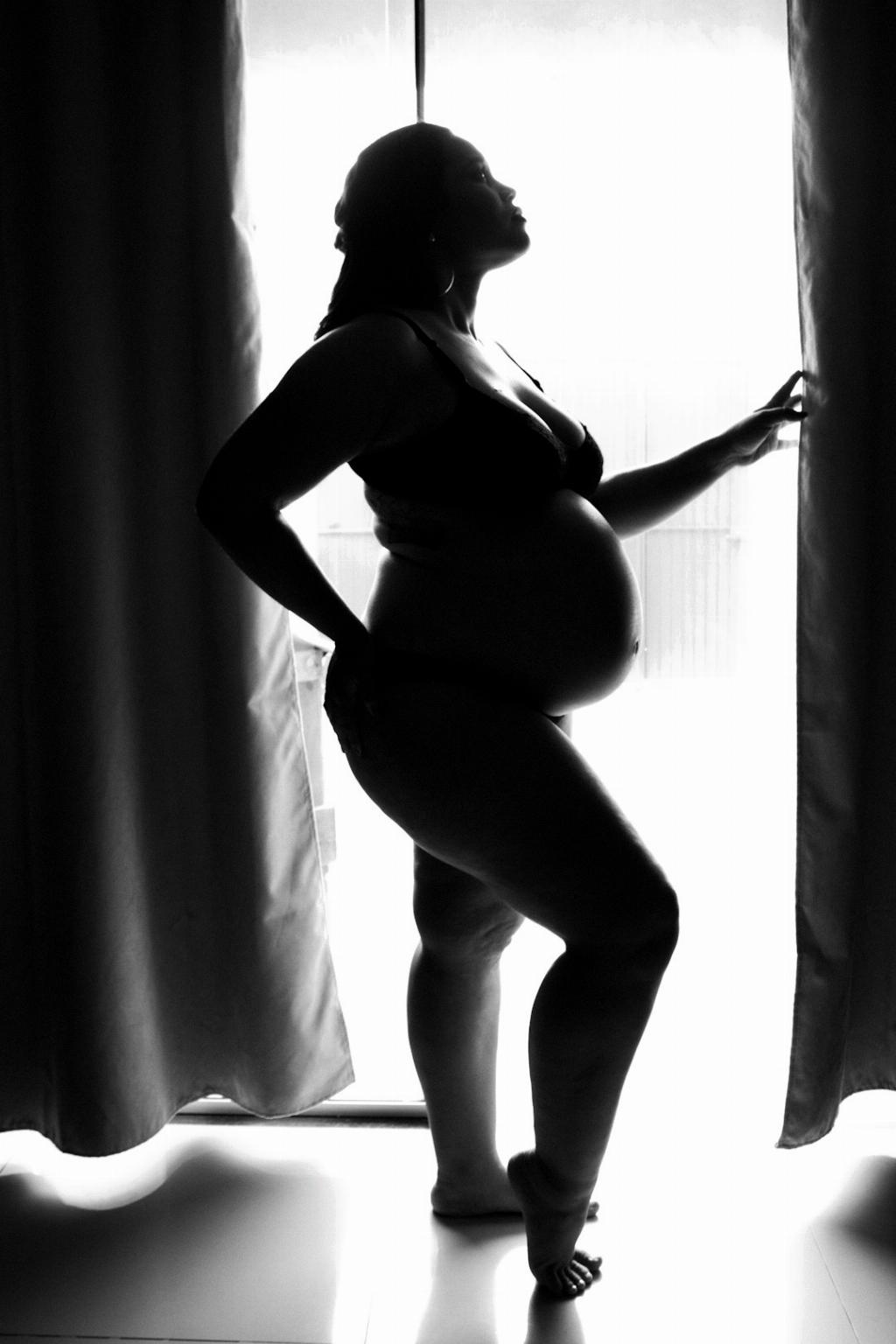When it comes to the Rubella vaccine and pregnancy, it is crucial for women who are planning to become pregnant to consult with their healthcare provider to ensure they are up to date with their vaccinations before conceiving. Vaccinations, including the MMR vaccine, are essential in protecting not only the mother but also the developing fetus from potential diseases.
Considering the Risk Factors
During pregnancy, the immune system undergoes changes to accommodate the developing fetus, making pregnant women more susceptible to certain infections. Rubella, also known as German measles, can be particularly harmful to a developing fetus if contracted during pregnancy, leading to serious birth defects such as heart abnormalities, hearing loss, and vision problems.
Timing of Vaccination
Due to the nature of the Rubella vaccine as an attenuated live virus vaccine, it is generally recommended for pregnant women who have not been vaccinated to wait until after they have given birth before receiving the MMR vaccine. The safety of live vaccines like Rubella during pregnancy is a concern, as they have the potential to cause harm to the developing fetus.
Preconception Vaccination
For women who are planning to become pregnant, preconception vaccination is crucial in protecting themselves and their future child from preventable diseases. By ensuring that they are up to date with their vaccinations before conception, women can reduce the risk of contracting infections like Rubella during pregnancy.
Consultation with Healthcare Provider
It is important for women to have open and honest discussions with their healthcare provider about their vaccination status and plans for pregnancy. Healthcare providers can offer guidance on when to receive vaccines, including the Rubella vaccine, to ensure the safety and health of both the mother and the developing fetus.
Postpartum Vaccination
Following the birth of a child, women who have not been vaccinated against Rubella can consider getting the MMR vaccine to protect themselves and future pregnancies from the risks associated with Rubella infection. Vaccination postpartum can help ensure that women are protected before their next pregnancy.
Benefits of Rubella Vaccination
Receiving the Rubella vaccine not only protects pregnant women from the risks of Rubella infection but also contributes to the overall community immunity against the disease. By getting vaccinated, women can help prevent the spread of Rubella to others in their communities.
Risks of Rubella Infection During Pregnancy
Contracting Rubella during pregnancy can have severe consequences for both the mother and the developing fetus. It is crucial for pregnant women to take necessary precautions to avoid exposure to Rubella and other infectious diseases during pregnancy to protect the health and well-being of themselves and their baby.
Individualized Vaccination Recommendations
Each woman’s vaccination needs may vary based on her medical history, previous vaccination status, and risk factors. It is important for healthcare providers to provide personalized recommendations for Rubella vaccination based on each woman’s specific circumstances to ensure optimal protection.
Conclusion
In conclusion, the decision of whether to receive the Rubella vaccine during or after pregnancy should be guided by discussions with a healthcare provider. While preconception vaccination is ideal for optimal protection, postpartum vaccination can also be considered for women who have not been vaccinated. Ensuring vaccination against Rubella is a crucial step in safeguarding the health of both the mother and the developing fetus.

